10 Considerations for Open Peer Review
Article covers basic principles and summarise best practices, indicating how to use Open Peer Review to achieve best value and mutual benefits for all stakeholders and the wider research community.
Send us a link
Article covers basic principles and summarise best practices, indicating how to use Open Peer Review to achieve best value and mutual benefits for all stakeholders and the wider research community.
Imagine using version control to track the process of research in real time. Peer review becomes a community-governed process, where the quality of engagement becomes the hallmark of individual reputations. All research outputs can be published and credited with not an 'impact factor' in sight.

Dr. Jon Tennant’s June 29 article in The Guardian Online, "Elsevier are corrupting open science in Europe," raises fundamental questions about open science, and is coupled with misinformation about Elsevier’s role. Both deserve a response.

Stencila launches the first version of its word processor and spreadsheet editor designed for researchers.
Techniques for overcoming the challenges of open manuscript writing.
Supporting the EUA membership with the development of research assessment approaches that focus on research quality, potential and future impact, and that take into account Open Science practices.
Elsevier - one of the largest and most notorious scholarly publishers - are monitoring Open Science in the EU on behalf of the European Commission. Jon Tennant argues that they cannot be trusted.

Candidates to the psychology department at LMU Munich are asked to describe in what way they already pursued and plan to pursue various Open Science goals.
Yet another comprehensive list of open science resources.

Persistent identifiers (PIDs) provide unique keys for people, places, and things, which supports the research process by facilitating search, discovery, recognition, and collaboration. This article reviews the main PIDs used in research (DOIs, ORCIDs, ...), as well as demonstrating how they are being used, and how, in combination, they can increase trust in research and the research infrastructure.
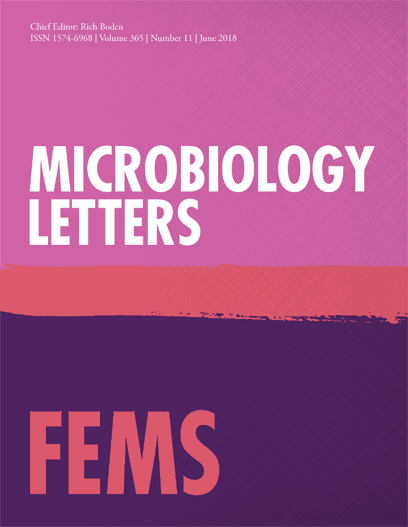
Early career researcher or student? Tell us your ideas for the future of review, dissemination or assessment in research and win a scholarship to attend the OpenUP Final Conference in Brussels, September 5th and 6th 2018, and present your ideas!
Reaching higher uptake and acceptance of open science practice at the University of Göttingen.

From gamification of sample-size identification to a decentralised lab notebook: a showcase of the projects developed at the eLife Innovation Sprint.
LERU's paper discussing the eight pillars of Open Science identified by the European Commission: the future of scholarly publishing, FAIR data, the European Open Science Cloud, education and skills, rewards and incentives, next-generation metrics, research integrity, and citizen science.
The League of European Research Universities has published a roadmap to help universities around the world implement open-science practices.
Wellcome new Open Research Fund supports innovative approaches that enable data, code or other research outputs to be discovered, accessed and reused.

When it’s also big science, the careers of those involved can suffer.
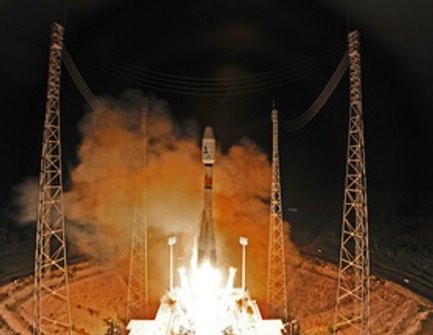
A group of organizations building nonprofit, open-source tools for scholarship and publication has joined with open-science researchers in a new collaboration to develop a Joint Roadmap for Open Science Tools (JROST).
According to Wikipedia, Open Science is "the movement to make scientific research, data and dissemination accessible to all levels of an inquiring society, amateur or professional." That definition raises a number of questions.
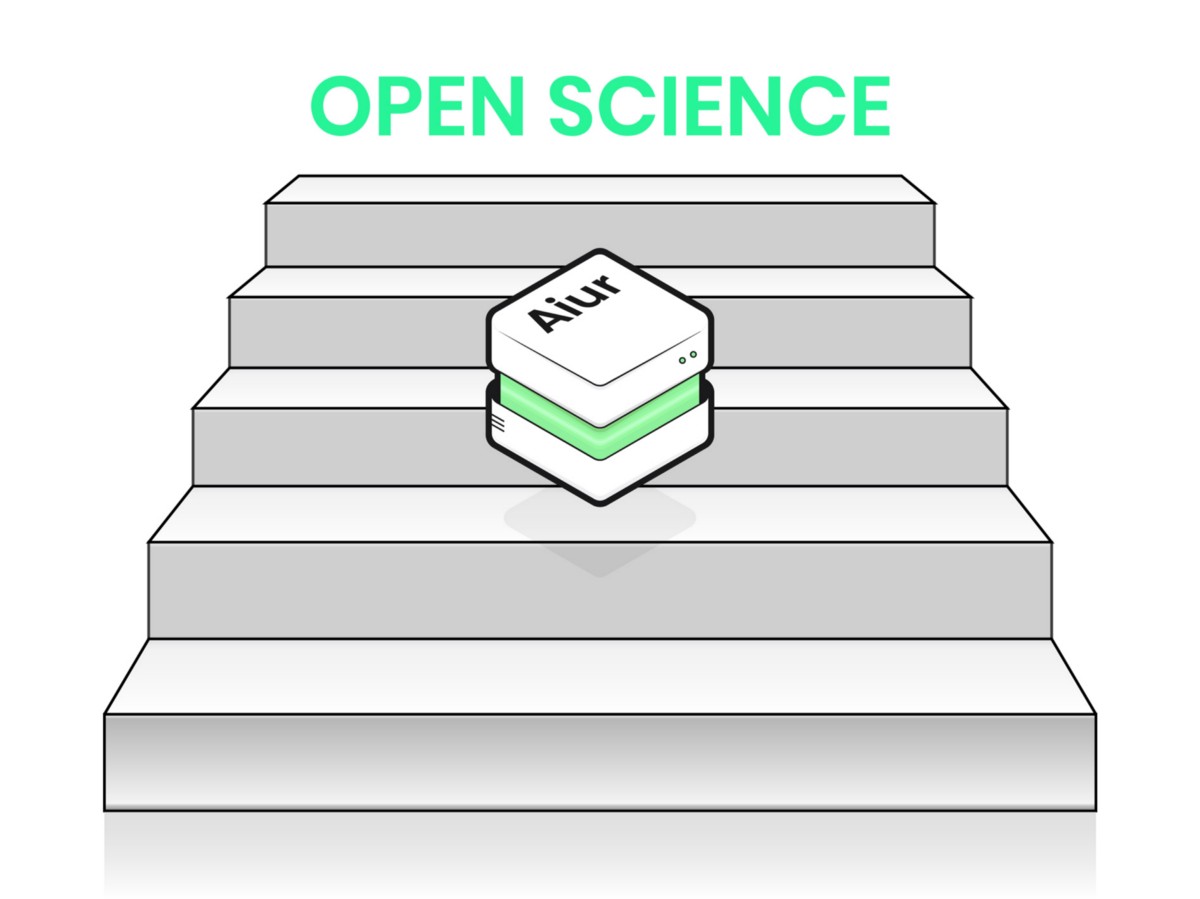
The academic discovery space seems to be buzzing again. This space has become relatively stable after the introduction and maturity of Web Scale Discovery between 2009-2013, but things seem to be hotting up once again
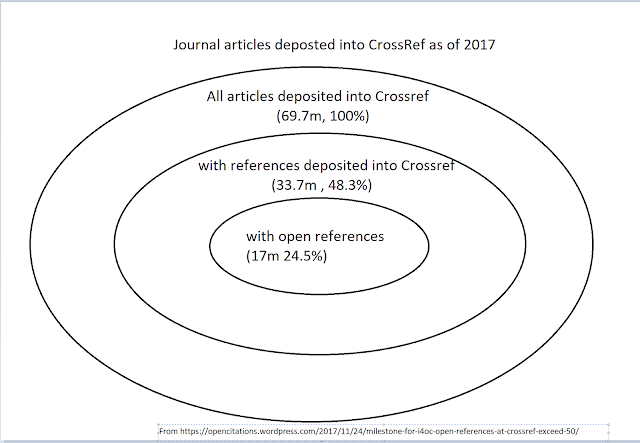
An informal group of like minded organizations coming together around a common purpose: work on a joint roadmap for open science tools.
If you are a scientist, there are many compelling reasons to openly share your source code, from reproducibility to increasing impact.
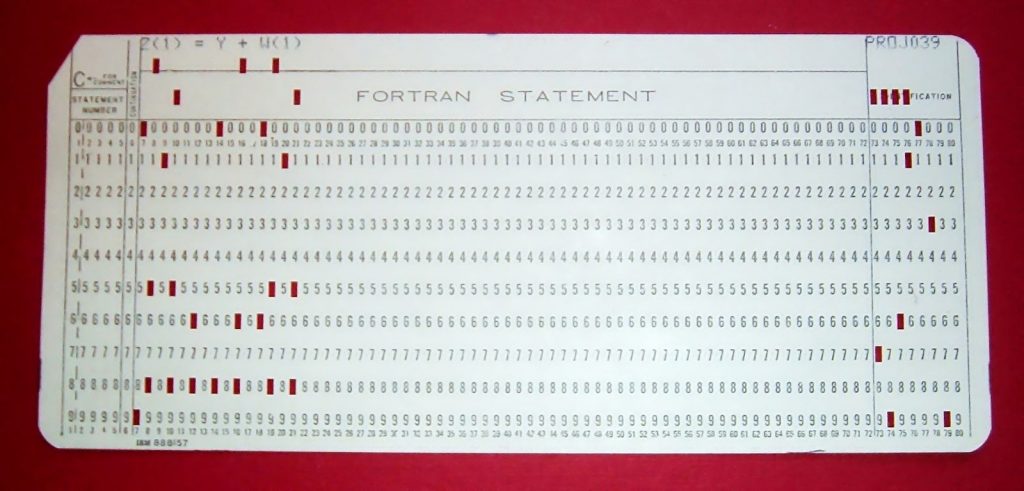
Perspectives on the benefits of open peer review, and responding to concerns.
A blockchain platform and tokenised economy to promote, facilitate, and incentivise the practice of open science.
The latest developments in science policy, hands-on examples from scientific communities as well as current developments in FAIR Data in the field of research data management. This is what was on offer at the Open Science Conference from 13 to 14 March 2018 in Berlin.
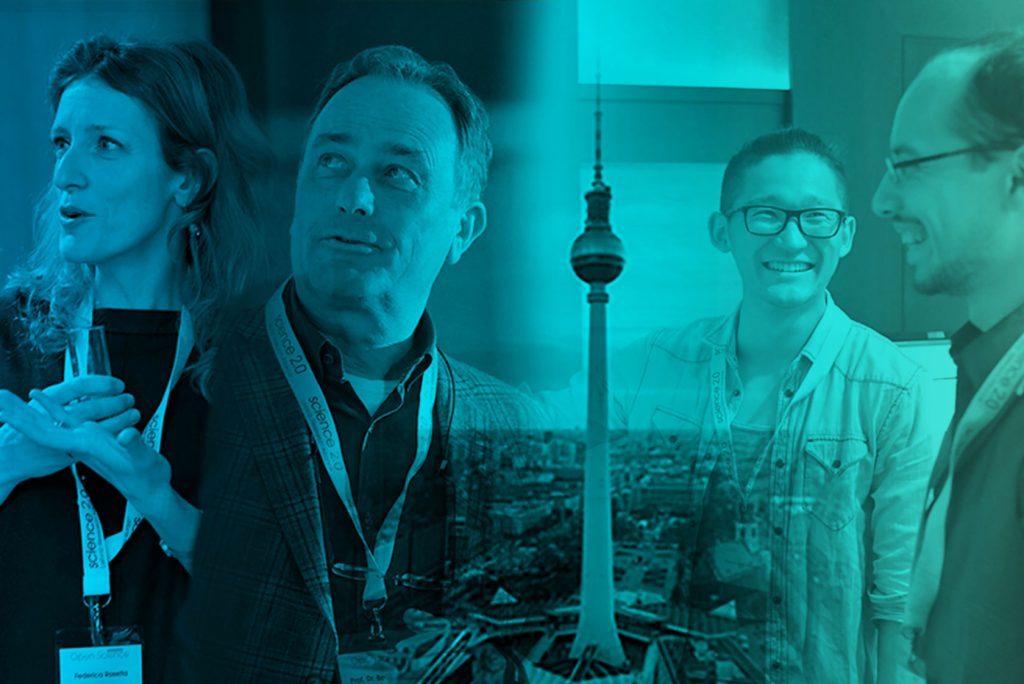
Open peer review is moving into the mainstream, but it is often poorly understood and surveys of researcher attitudes show important barriers to implementation. Tony Ross-Hellauer provides an overv…

Why Jupyter succeed where Mathematica failed? The obvious contrast is between the proprietary world of Wolfram and the open-source model of the software ecosystem that Jupyter mobilizes.
Elsevier will be providing data to guide EU policy decisions that it stands to gain from materially in significant ways.
Open Data policy development in Europe is constantly evolving. In an effort to stay abreast of these changes on behalf of the community, the DCC, together with SPARC Europe, has recently released an update to our analysis of Open Data policies in Europe.
A group of fourteen authors came together in February 2018 at the TIB (German National Library of Science and Technology) in Hannover to create an open, living handbook on Open Science training.